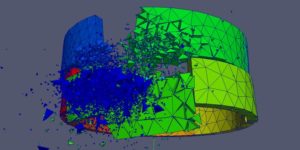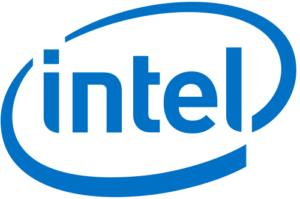Please join Texas A&M High Performance Research Computing and the MathWorks for a complimentary hands-on workshop for TAMU students and faculty.
Date: Friday, March 5, 2021
Time: 10:00 p.m.-1:00 p.m. Central Time (US and Canada)
Venue: WebEx Event
Topic: Parallel Computing with MATLAB
During this 3-hour self-paced, hands-on workshop, you will be introduced to parallel and distributed computing in MATLAB for speeding up your application and offloading work. By working through common scenarios and workflows, you will gain an understanding of the parallel constructs in MATLAB, their capabilities, and some of the typical issues that arise when using them.
Highlights include:
- Speeding up programs with parallel computing
- Offloading computations and cluster computing
- Working with large data sets
- GPU Computing

 The Texas A&M Institute of Data Science (TAMIDS), Texas A&M High Performance Research Computing (HPRC), and Texas Engineering Experiment Station invite you to join our Bring-Your-Own-Data (BYOD) workshop! The primary goal of this workshop is to help Aggie researchers take advantage of the latest data analytics technologies and Texas A&M high performance computing facilities to speed up various data science projects. This is a FREE service offered to all researchers at Texas A&M.
The Texas A&M Institute of Data Science (TAMIDS), Texas A&M High Performance Research Computing (HPRC), and Texas Engineering Experiment Station invite you to join our Bring-Your-Own-Data (BYOD) workshop! The primary goal of this workshop is to help Aggie researchers take advantage of the latest data analytics technologies and Texas A&M high performance computing facilities to speed up various data science projects. This is a FREE service offered to all researchers at Texas A&M. FPGAs in the Era of AI and Big Data
FPGAs in the Era of AI and Big Data